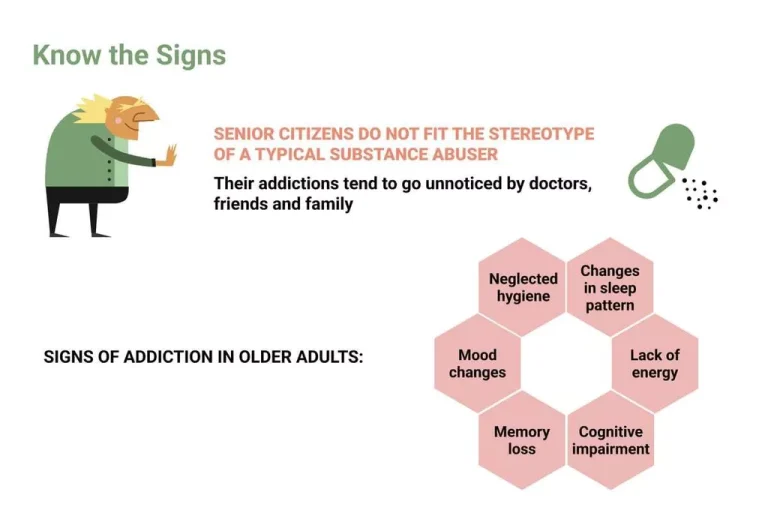
As you enter the second week of alcohol withdrawal, physical symptoms will begin to subside. However, some individuals may experience lingering psychological symptoms, such as irritability, sleep disturbances, and low mood. This phase, known as protracted withdrawal, can last for several weeks or even months. Protracted withdrawal symptoms can persist for up to 6 months or longer after the initial withdrawal period.
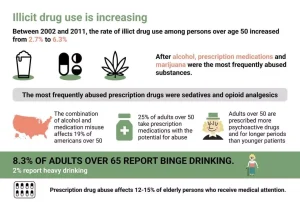
How to Wean Off Alcohol Safely
Contact a medical professional immediately if you notice any withdrawal symptoms. Alcohol withdrawal occurs when neurotransmitters that combat the effects of alcohol on the nervous system suddenly have nothing to counteract them. Essentially, when an individual drinks, the brain amplifies certain activities to counterbalance the depressive effect alcohol has on it. When that numbing sensation disappears entirely, the brain is left dangerously overstimulated.
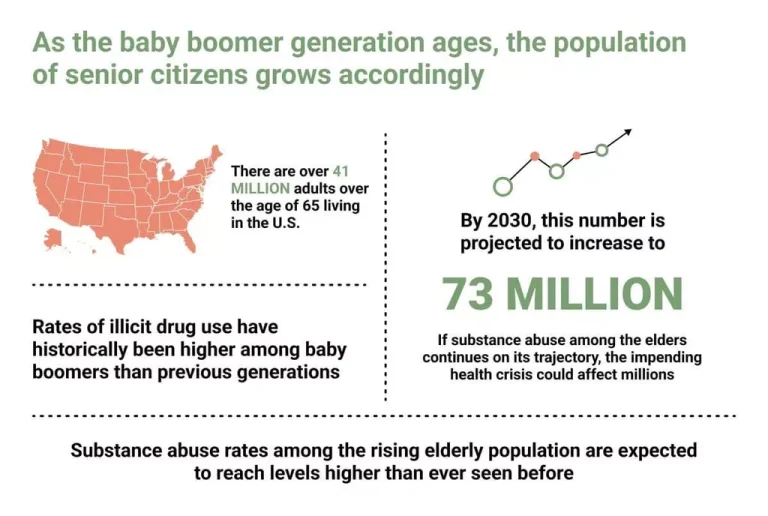
How To Stop Drinking Alcohol Safely
This can trigger alcohol withdrawal symptoms, which can be dangerous in some cases. Quitting cold turkey is the preferred method of withdrawal, but only if done under medical supervision, where symptoms can be treated as they occur. Detox is a critical first step in the alcohol withdrawal timeline, providing a solid foundation for long-term recovery. Following detox, individuals can transition to comprehensive addiction treatment programs that address underlying factors contributing to alcohol use disorder. When done under medical supervision, tapering off alcohol has few downsides.
Week Four Benefits
- It does, however, result in any withdrawal symptoms that do occur being prolonged over the entire period of the taper.
- Stay in tune with your mental health and seek professional support if needed.
- If you have 20 or more drinks per day, they suggest one drink per hour the first day, every hour and a half the next, then reducing by 2 drinks per day after that.
- The effects of being well-hydrated will continue to build, having more positive results as you continue sobriety.
- As such, there is only limited guidance available about the best ways to taper.
The central nervous system, which consists of the brain and spinal cord, is responsible for coordinating the activity of most of the body’s functions. Alcohol’s central nervous system-inhibiting effects decrease the neural activity, and it is this effect that is responsible for alcohol’s perceived positive side effects. When neural activity shuts down, people are likely to feel more relaxed and less socially inhibited. However, alcohol’s depressant effects are also responsible for many of the dangers of alcohol consumption, such as blackouts and alcohol overdose. These include direct tapers, where you regularly decrease the amount of alcohol you consume, and substitution tapers, where you replace alcohol with another substance.
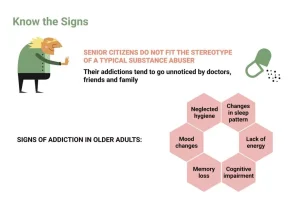
If you are thinking about quitting drinking, talk to your healthcare provider. Medical supervision, behavioral health treatment, and mutual-aid groups can help you through alcohol withdrawal and stay stopped. The alcohol withdrawal timeline varies, but the worst of the symptoms typically wear off after 72 hours. People who are daily or heavy drinkers may need medical support to quit.
- With kindling, the brain becomes increasingly sensitized to stopping alcohol.
- Reducing alcohol intake can have significant positive effects on mental health.
- This is a highly personal decision, which can be made through self-reflection, and with the support of a medical professional and your peers.
- In addition, social pressures can make it hard to quit drinking, especially if your friends or family also drink heavily.
- Making a clean break, however, provides a sense of finality and commitment.
- Although it is possible to taper at home, having medical supervision and assistance can ensure a successful taper.
There are many support options available that can help guide you through alcohol withdrawal, as well as abstaining from alcohol after withdrawal. However, try not to have too many firm expectations, as symptoms can continue for multiple weeks in some people. But, as many in recovery will tell you, it is only the first chapter in a long process.
Effects of Tapering Off Alcohol
Sitting and talking with others who share your struggle can help you feel supported. Local groups like Alcoholics Anonymous (AA) can give you the moral support and strength you need. But, perhaps most importantly, understand that setbacks happen and that progress takes time or may look different than imagined. Alcohol withdrawal can cause many symptoms, some of which can be fatal. Heavy alcohol use is expensive, potentially costing you $800 each month or even more. Stopping alcohol won’t just put a bit of extra change in your pocket; it has the potential to have a sizable impact on your income and the lifestyle you can live.
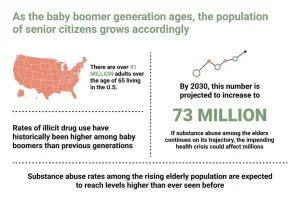
Cold Turkey Method
The kindling effect is an important reason to approach quitting and seek professional guidance seriously. Usually, alcohol withdrawal symptoms occur within 12–24 hours after stopping alcohol and can last 2–10 days. This method works best with gradual reduction, as alcohol withdrawal symptoms can start within 12–24 hours after stopping drinking. Generally, alcohol-free days are better towards the end of a gradual reduction, not towards the beginning. Weaning off alcohol in a safe way can help reduce the severity of some how long to taper off alcohol withdrawal symptoms.


